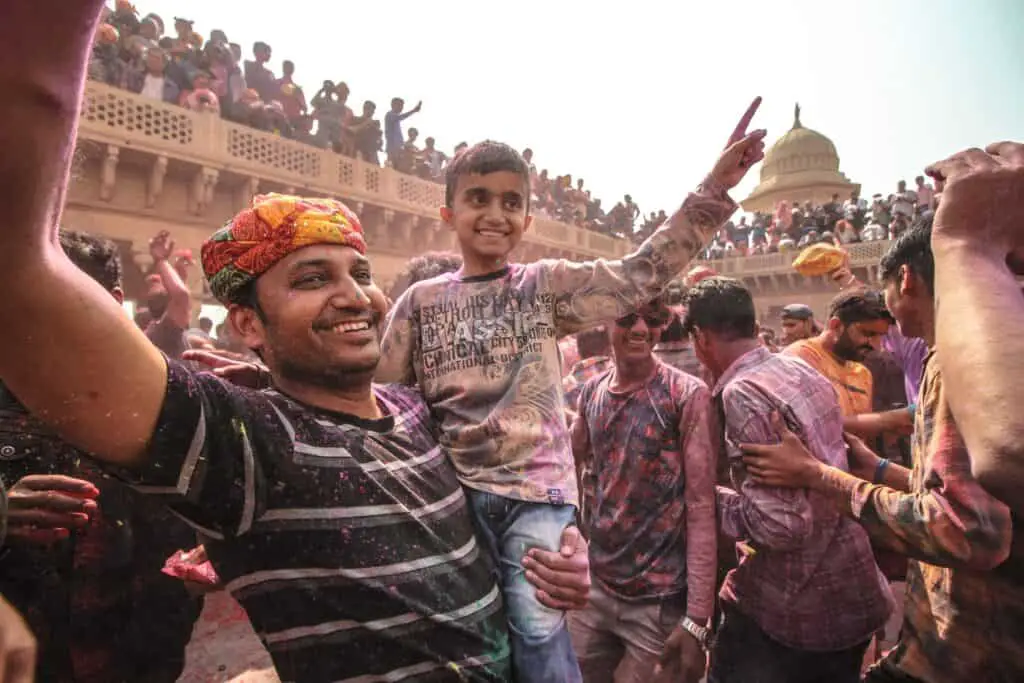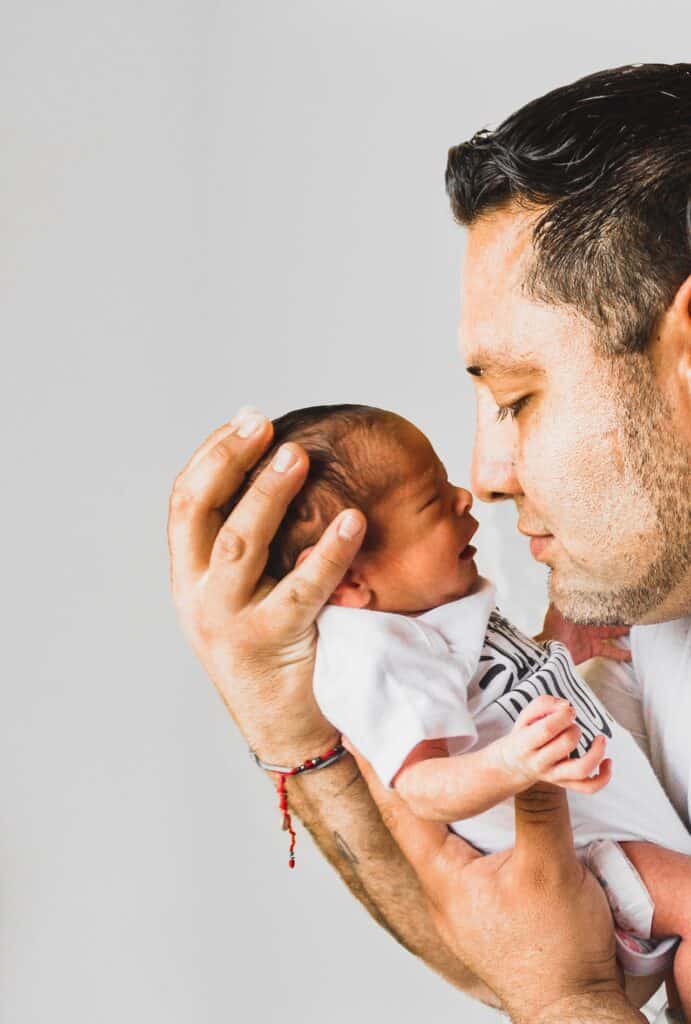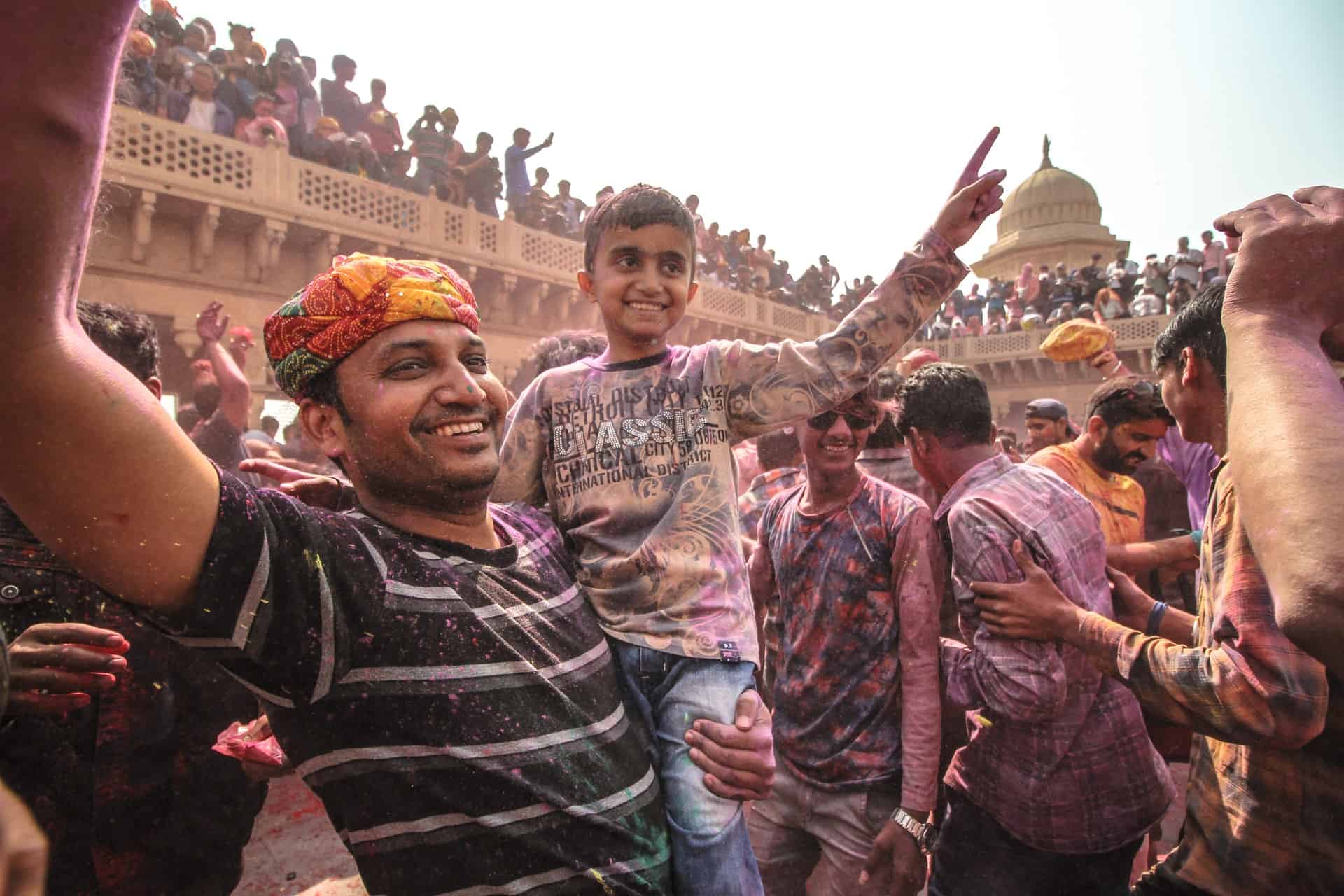Bringing a new child home is one of the most energizing all-inclusive human encounters. For most guardians, it is a period of festivity – when families and networks meet up to honor and welcome the new kid.
There are seven main ceremonies of inception that all Hindus experience when they are conceived:
- Head shaving
- Ear piercing
- Namakarana (Naming Ceremony)
- Community Welcome
- Sweet Dish
- First Words
- Nishkramana

Importance of rituals in the Hindu religion
The place that is known for endless convictions, customs, and conventions – India! We are without a doubt advantaged to be amidst the decent variety that is so selective to our nation. There are conventions across groups and networks for pretty much all year long, however, nothing beats the introduction of the little individuals who before long become the focal point of our reality: children! Of course, the absolute most extraordinary traditions are held for pregnant ladies and infants. We typically acknowledge these traditions and oblige familiar ways of thinking about them. Yet, think about what, the REAL purpose for a ton of the well-known infant customs is something that overwhelmed us!
Pregnancy is a time of incredible alert just as an extraordinary festival. From spoiling by the relatives to Godh Bharai services and child showers, there’s such a great amount occurring in your reality. For instance, a famous Hindu custom during pregnancy is known as Simantonnyana and is performed by the spouse in the seventh month. Supplications are recounted as the to-be mother’s hair is daintily separated by her better half. How sweet, isn’t that so? Furthermore, the reason for this custom is actually what meets the eye – it is intended to be an offer of friendship and love to place the anticipating mother in a condition of quiet.
However, with regards to infants and ceremonies to invite them into the world, things are not excessively straightforward. Regularly, the explanation that we accept behind the custom is a long way from reality! Thus, in the event that you are pregnant or just became a mother to a little beloved newborn, it will be intriguing just as significant for you to discover the genuine motivation behind these basic Indian ceremonies. Your seniors and the network are probably going to request that you watch them, so it’s acceptable to be arranged and ensure your infant is protected.
Basic Indian Rituals for Babies
Hindu culture is loaded with ceremonies, customs, and everyday schedules that look to improve and make the best conditions for an individual while alive. These customs are methodical, occurring to move the person starting with one phase of life then onto the next. Here are the purposes for the absolute most normal ceremonies you know!
Before the birth of the child
Hindu ceremonies (sanskaras) start before a youngster is conceived. A Hindu infant kid with other Hindus accepts that it is the duty of every person to proceed with the Hindu race.
Hindus accept that it is the duty of every person to proceed with the Hindu race and subsequently not long after a couple is hitched, a supplication called Garbhadhana (origination) is recounted for the satisfaction of one’s parental commitments. During the third month of pregnancy, the service of Pumsavana (hatchling insurance) is performed. This is accomplished for the solid physical development of the baby.

The Simantonnyana is performed during the seventh month. This is what could be compared to a child shower and signifies ‘fulfilling the hankering of the pregnant mother’. Petitions are offered for the mother and youngster with an accentuation on the sound mental advancement of the unborn kid. Hindus accept that the psychological condition of a pregnant lady influences the unborn youngster. When the youngster enters the world, Jatakarma is performed to invite the kid into the family, by placing some nectar in the kid’s mouth and murmuring the name of God in the kid’s ear.
1. Head Shaving
“Gracious do get your infant’s head shaved. His hair will develop a lot thicker!”
A great deal of us has had confidence in the above explanation behind shaving an infant’s head. This is additionally referred to in numerous networks where the ‘Mundan service’ happens – a strict event when the child’s head is shaved. In both Muslim and Hindu customs, this occurs in the initial 3 years of birth however the reasons are altogether different:
According to Muslims, an infant’s head must be shaved to show that the youngster is a worker of Allah. Actually, they now and then gauge the hair and give its comparable in silver to poor people! Concerning Hindus, the Mundan function is accepted to free the infant of previous existence cynicism and purge his body and soul. This is the reason it isn’t unexpected to dissipate the shaved hair into the stream Ganga, which is accepted to be sacred. Further, if the custom is acted in the third year for a kid, it is said to check his progress to taking care of business. Stunning!
As should be obvious, this doesn’t have anything to do with hair development. Head shaving has no impact on how thickly hair develops straightforwardly on the grounds that hair develops from a follicle underneath the scalp. All things considered, your little one’s mundane will be an energizing time for you – yet it may not be so energizing for him! Truth be told, it might even be frightening. Specialists recommend that under no expense should you uncover your child’s scalp to any cruel or sharp material in the early months – so time the mundane service shrewdly and watch these security measures for mundane.
2. Ear Piercing
Ear penetrating is viewed as very ordinary among Indian infants though, in the western world, this isn’t a standard. This service is performed inside the first to third year after birth and might be done alongside the mundane function referenced previously. The foundations of this convention are profound in Indian history – no, this isn’t simply correct! Here’s the reality:
Hindus pierce the infant’s ears as a major aspect of a custom called Karnavedha. This is accepted to avert evil! Be that as it may, at that point, for what reason is this custom more mainstream for infant young ladies as it were? Indeed, it is accepted that ear penetrating aides in keeping up consistency in the period, just as assisting young ladies with managing issues, for example, insanity! The studs are accepted to help keep up the progression of electric flow in the human body. A few networks likewise accept that the ear is a significant needle therapy point and accordingly, the piercing will help great wellbeing and advancement in the kid.
Master feeling shifts on whether ear penetrating is alright for your youngster. There is a danger of disease just as agony, particularly as the skin in the ear is touchy. On the off chance that you should follow this convention, for strict or for corrective reasons, ensure you take essential consideration to protect your youngster.
3. Namakarana
Namakarana is the naming function. This function is the primary custom that the infant will experience. In addition to the fact that it serves strict purposes, yet additionally social and legitimate perspectives. It is completed twelve days after birth since Hindus accept that the initial ten
days of an infant have sullied this custom is the thing that sanitizes the youngster. It is regularly done at home or in the sanctuary, where the spirits of God can give their favors. Visitors frequently offer presents to commend this unique occasion.
The name of the child is critical to Hindus since they accept that their characteristics and future will follow their name. The name of the infant is picked by the cleric after his investigation of horoscopes so as to discover the area of planets at the hour of birth. This enables the cleric to choose what letter the infant’s name will begin with, just as finding uncommon dates for the infant.
Kids are frequently named after a blossom, a planet, a mind-set, or most usually an incredible God, all of which are significant to Hinduism.
The child is put on the dad’s or uncle’s lap, and the name is murmured in his/her ear. To close this, desserts are spread around, and there is a celebratory gala.
4. Community Welcome
Most Indian individuals have a particular convention they follow to acquaint the child with the bigger network. For the vast majority of us, this includes our strict spot also, where we go to look for favors for our infant and afterward acquaint our child with others. In any case, the Sikhs have a custom that goes past simply the ‘welcome’ and bends over as a naming function!
Sikhs are known to be generous individuals who love to party with zeal. It is nothing unexpected, in this way, that they likewise celebrate with incredible intensity when an infant is destined to the family. At the point when Sikh ladies first discover they are pregnant, supplication is their absolute first activity. The guardians start with visiting the nearby Gurdwara/sanctuary when they can, ordinarily inside 40 days of birth. There, the cleric opens the Guru Granth Sahib, the blessed book, and peruses out an irregular section. The guardians at that point take the principal letter of that page’s song and name their youngster with that letter. The infant’s name is then reported to the assemblage. A sweet dish/prasad (typically Karah Parshad, produced using flour, semolina, margarine, and sugar) is made and disseminated as a celebratory treat. This custom is set out in the Sikh Rahit Maryada (implicit rules) and watched carefully.
5. Sweet Dish
“Feed your infant nectar. It is healthy food!”
Numerous new moms keep on being encouraged to take care of nectar to their infant, for wellbeing reasons. It is among the main nourishments that an infant is approached to taste yet the purpose for this has nothing to do with sustenance.
Numerous Hindu and Muslim people group follow the custom of making the infant taste something sweet. It is accepted that the baby’s first taste ought to be sweet so he can talk pleasantly for an incredible remainder. In Muslims, this is performed by scouring a mollified date with a touch of nectar onto the child’s upper sense of taste. Hindus utilize nectar also, in a comparative custom known as Jatakarma. It is intended to ensure a sweet future for your youngster. However, there’s more: a few networks additionally accept that nectar positively affects the child’s gastrointestinal framework by diminishing colic and going about as a purgative! Indeed, as indicated by some Hindu social convictions, nectar is thought to get meconium (or the dim crap infants have from the outset).
So no, that nectar isn’t expected to help the development of your child in any capacity. Truth be told, nectar can contain spores of a bacterium that can influence their still youthful stomach related framework and cause a deadly ailment called botulism. This microbe is innocuous to grown-ups and youngsters more than 1-year-old, yet at exactly that point! If you don’t mind, remember that specialists forbid anything besides breastmilk/equation milk in the initial not many months after birth, even water. Truly, while the following custom is significant in its own sense, shun taking care of your infant anything that isn’t suggested by the pediatrician.
6. First Words
When our little ones are conceived, what is it they hear first? Most likely our energized discussions, chuckling, tears of satisfaction, and plans for their future as of now. Yet, Muslim people group have a totally different and charming thought regarding what words the child must hear first.

Among Muslims, the primary words that a child is made to hear are the “azan/adhan”. This is the call to supplication. It is fundamentally meant “God is incredible, there is no God except for Allah, Muhammad is the courier of Allah. Come to petition”. One of the kid’s folks normally murmurs the supplication into the correct ear of the kid when she/he is conceived.
What a brilliant method to acquaint the little one both with religion just as give him a feeling of security. The primary words your child hears, and what he hears in the following, not many months, assume a key function in his social and psychological turn of events. So be cautious about what you state around your child!
7. Nishkramana
At the point when the infant is around four months old and its body framework is prepared to endure the brilliance of the sun, it is taken out just because. In specific societies, this is done after the imprisonment time frame. Upon the arrival of the Nishkramana, a square space set apart with the indication of Swastika is set up, canvassed in bovine fertilizer and earth. The mother of the kid additionally splashes rice on the field.
Everybody washes promptly in the first part of the day and the dad performs the puja. The child gets new garments and an imprint on his brow. He is then taken out for a couple of moments, being mindful so as not to get scorched by the sun.
Once outside, the youngster is urged to detect the five pieces of nature; earth, water, space, fire, and air. They likewise offer appreciation to the sun god and the moon god. The youngster later comes out around evening time to meet the moon too.
The reason for this custom is to tell the kid about the opportunity and not be limited by the dividers of his home. The sun represents essentialness and life, while the moon represents temperament and sentiments. It is significant for the infant to have the option to comprehend and regard these common marvels in Hinduism.
Conclusion
Exceptional functions are performed before the infant is conceived for the government assistance of the mother and youngster. The family minister or intellectual will go to the family’s home to perform different rituals. In Hindu dharma, the introduction of a youngster is viewed as a strict movement. Samskaras start preceding birth and end with the incineration of the body following a passing. Conventions and customs are profoundly established in Indian culture and are essential for the explanation that our nation appreciates such a rich social legacy. As guardians, we all need to praise our darling’s introduction to the world with incredible enthusiasm. The main thing we should remember while choosing to follow/not follow a specific custom is our infant’s security.

